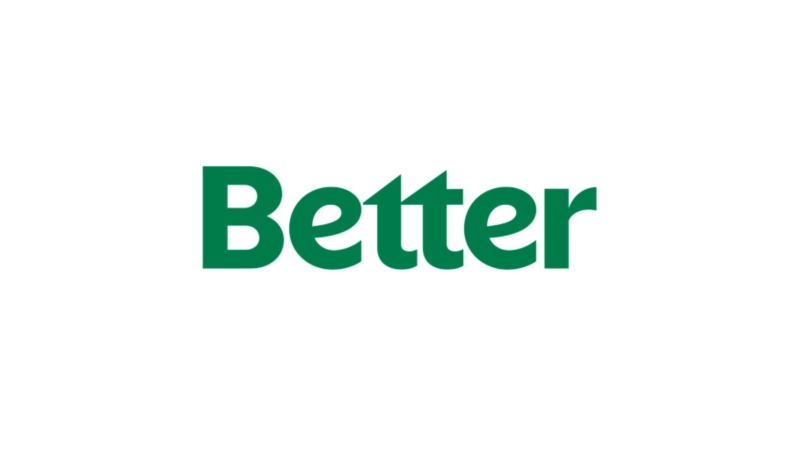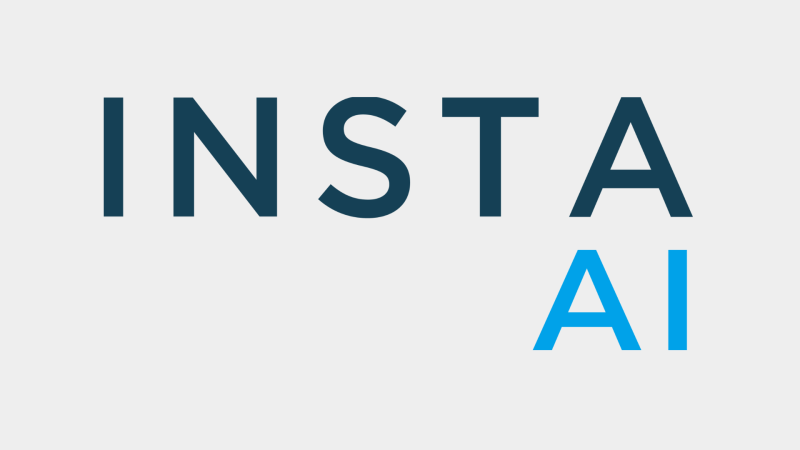
Ukraine Invasion Won't Stop Interest Rate Hike

Energy and supply chain issues are causing inflation.
With the war in Ukraine causing crude oil prices to spike from $92.18 last Thursday, when Russia started its invasion, to nearly $110 today, there’s been speculation in the last few days the Federal Open Market Committee (FOMC) might moderate its plan to increase interest rates.
Bloomberg News reported this week that “a half-point increase, which was once seen as a near certainty, and even a quarter-point move isn’t completely assured.”
But economists surveyed by National Mortgage Professional say increased energy prices are all the more reason why the FOMC will increase the Federal Funds rate, the interest rate charged by banks and credit unions for overnight loans to one another.
“If the economic sanctions being placed on Russia lead to major unexpected problems in the United States and the global financial system, then the Fed may postpone a rate increase,” said Duke University Economist Connel Fullenkamp. “Inflationary pressures are going to remain high in the United States despite the war in Ukraine, so I believe the Fed will go ahead with a rate increase unless there’s a very large disturbance in the financial system.”
The FOMC is scheduled to meet between March 15 and 16.
“When the Fed raises the Federal Funds rate, this usually feeds through into the interest rates we all pay on car loans, mortgages, and other consumer spending,” Fullenkamp said. “The size of monthly payments go up and many people realize they can no longer afford the car loan or mortgage they had been interested in taking out.
“The fall in demand will lessen the upward pressure on prices,” he added.
“The Committee is worried about the price of oil, plus the geopolitical issues, so they’ll increase the Federal Funds rate by 25 basis points,” said Moody Analytics Economist Ryan Sweet.
Currently, the Federal Funds rate is set as a range between 0% and 0.25%. With a 25-basis-point increase, the Federal Funds rate will be between 0.25% and 0.50%, Sweet said.
“The two biggest drivers of inflation are higher energy prices and supply chain issues,” Sweet said. “The supply chain issues include the prices of new and used cars and that’s a reflection of lack of semi-conductors. But it also includes audio equipment and furniture.
“If you take out energy prices and supply chain issues, the Consumer Price Index would be at 3.5%, not 7.5%,” Sweet added.
Another economist, with real estate brokerage company Redfin, says an increase in the Federal Funds rate should have little impact on mortgage rates.
“Markets already expect this to proceed by 25 basis points, so there will likely be minimal impact on the mortgage market and, thus, 30-year fixed rates are unlikely to move as result of the Federal Funds increase,” said Redfin’s Taylor Marr.
“We’re going from rock bottom interest rates to slightly above rock bottom interest rates, so (the increase in the Federal Funds rate) shouldn’t have an enormous impact on mortgage rates,” said Sweet. “People are sitting on a boatload of excess savings, so the housing market will be fine.”
Compared to where mortgage rates were in 1981 – when the average rate was more than 16%, according to Freddie Mac – today’s 30-year fixed mortgages are under 4%.
“We’re seeing more construction of single-family homes, which will increase housing inventory and that will have put downward pressure on rents,” said Sweet.
According to ApartmentList.com, rents last year increased by as much as 17%.
Sweet expects rents to increase only between 6.5% and 7% this year and housing prices to increase in the high single digits, not by as much as 20%, like they did last year.




